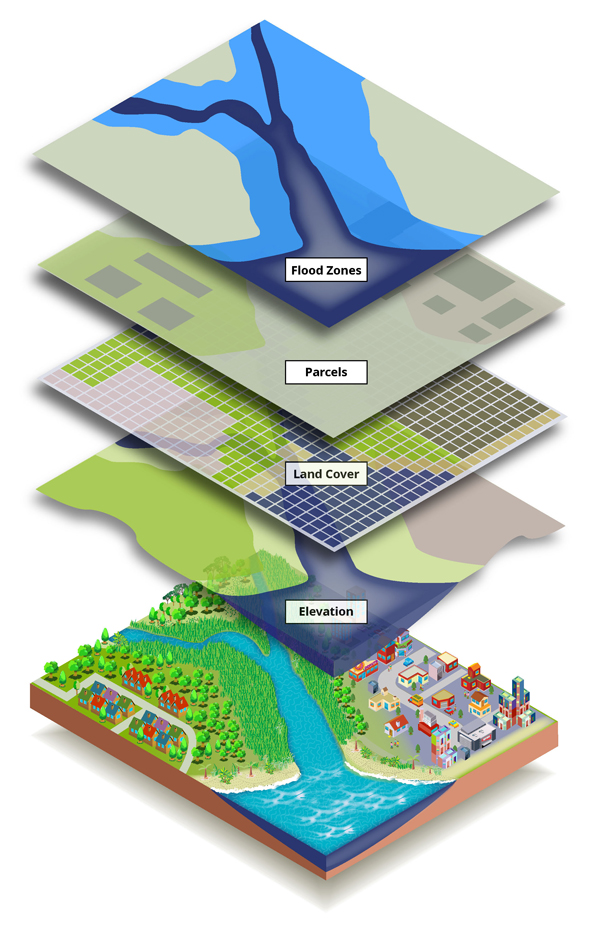The SRBC Team
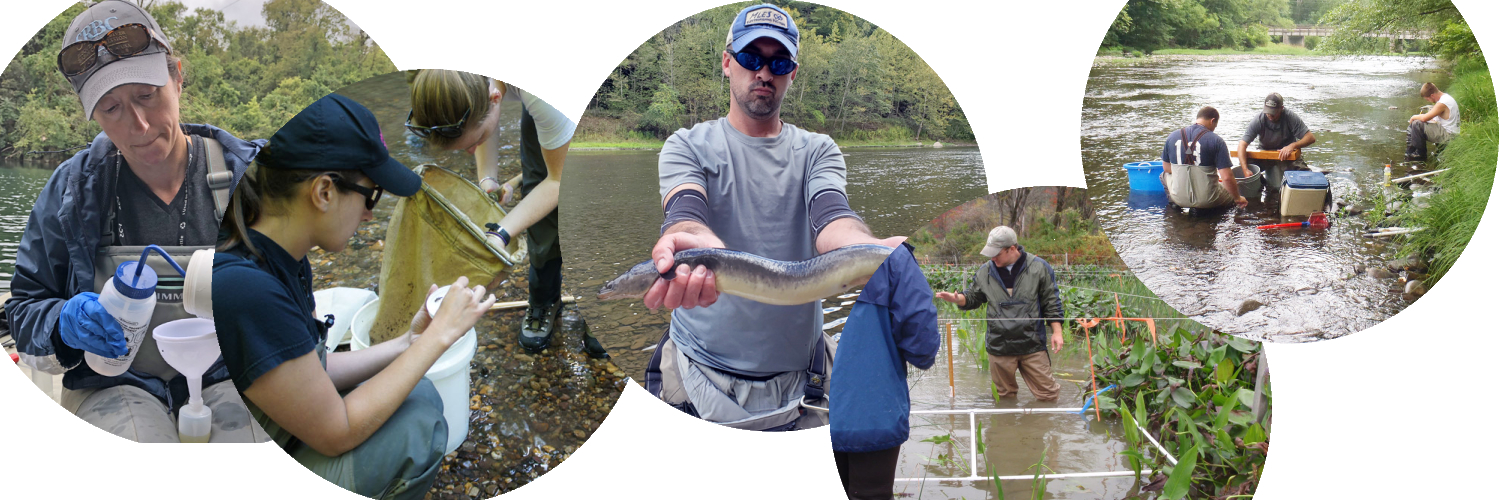
Do you have a future in water resource management?
Do you have a future in water resource management?
It may surprise you to discover the variety of professionals employed by SRBC to fulfill its mission to protect the sustainable use of the river basin's water resources.
The SRBC team includes a variety of scientific specialties—geologists, aquatic biologists, hydrogeologists, water resource engineers and data scientists—as well as policy, communication, and compliance specialists.
Considering a career in the natural sciences? Here is a peek into the many technical jobs that SRBC needs to get the job done.
Aquatic Biologist
Geologist/Hydrogeologist
Hydrologist/Engineer
Aquatic Biologist
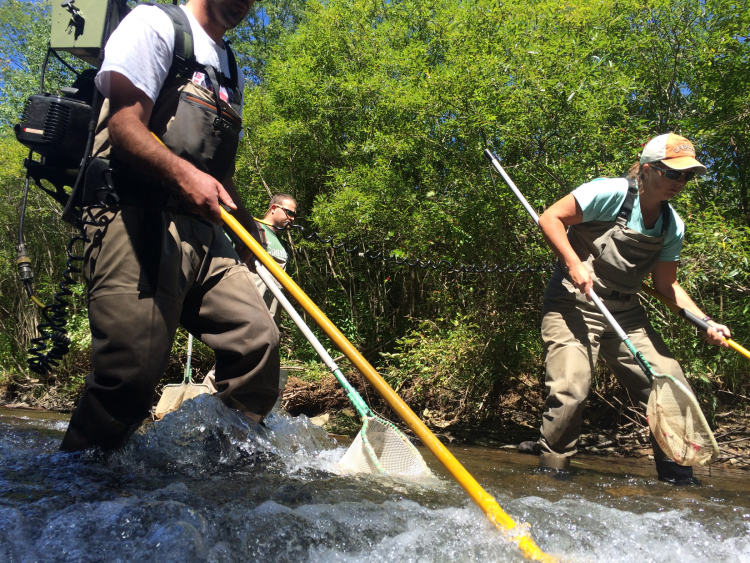
Aquatic biologists spend many days in streams where they collect water samples to determine what kind of pollution the streams might be receiving. They also collect bugs and fish from the stream using special equipment so that they can tell whether or not a stream supports a healthy aquatic community.
Using the collected data, they create maps and reports to help state agencies protect streams that are fairly healthy and improve the streams that are having water quality problems. They also work with the public to help them appreciate how important streams are in their communities.
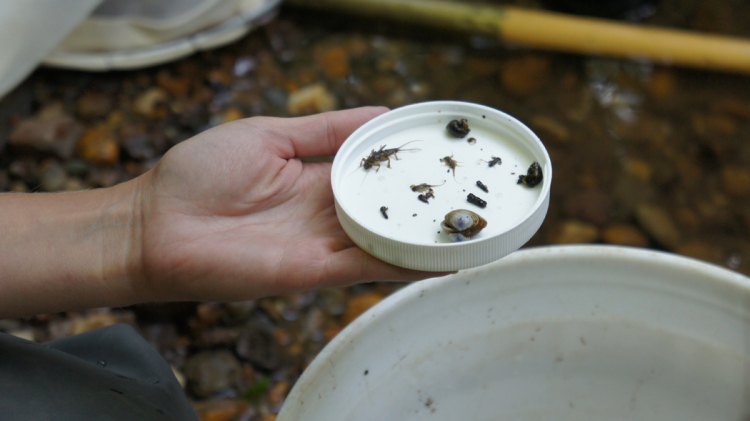
Geologist/Hydrogeologist
Geologists study soil, rock and water to solve problems and help clean up the environment. They use models, maps and other information to characterize groundwater, sinkholes and mines. Geologists also use other skills such as math, chemistry and physics to figure out what is going on beneath the ground surface.
At SRBC, geologists use their skills to clean up mine polluted waters, ensure public and industrial water supplies are available and reliable, and protect against impacts to wetlands and streams.
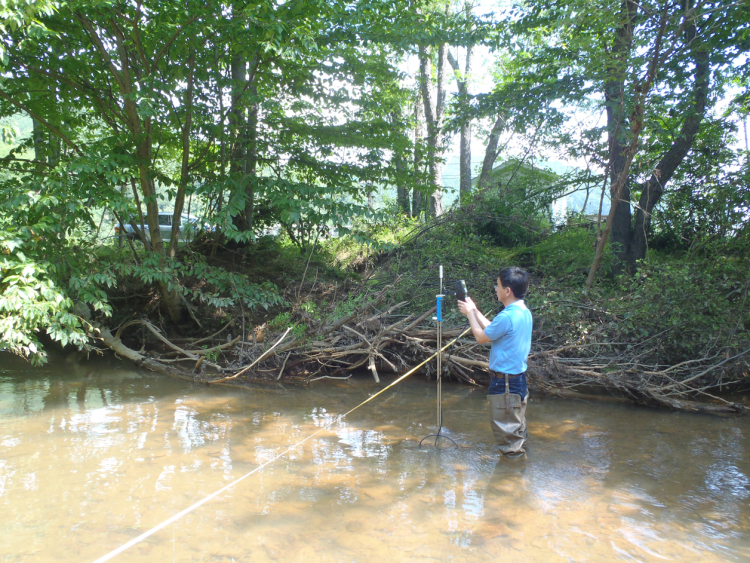
A hydrogeologist studies the way groundwater moves beneath the surface. At SRBC, the hydrogeologist’s job is to review requests to withdraw large quantities of groundwater for uses such as public water supplies or manufacturing.
Those projects must submit geologic and hydrologic information on the groundwater source (like a well, spring, or quarry) and the area surrounding the source. The hydrogeologist reviews that information to determine if it is accurate and to determine if there is enough groundwater available without affecting other nearby groundwater users or the environment.
Hydrologist/Engineer
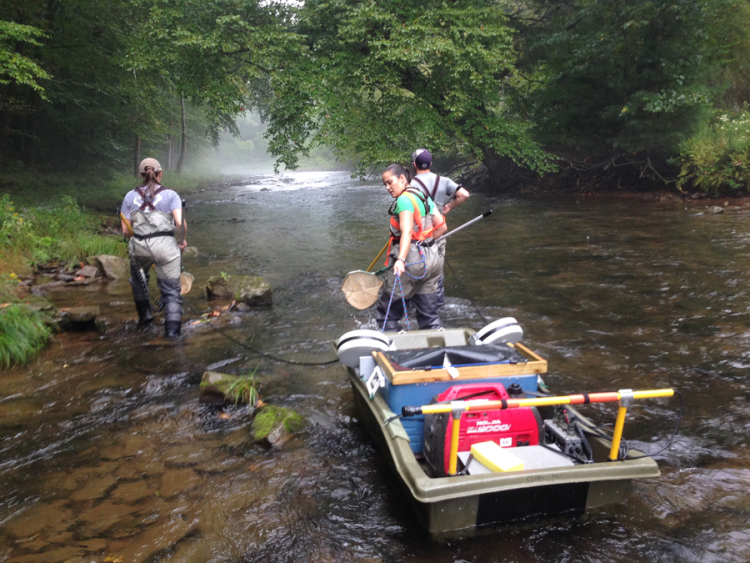
Hydrologists study surface water. Since there are more than 49,000 miles of streams in the Susquehanna River Basin, the study of stream and river flow is extremely important.
SRBC hydrologists and engineers work with other agencies to help protect communities during floods and droughts and to plan for the future use of water throughout the basin.
Compliance Specialist
Data Scientist
Compliance Specialist
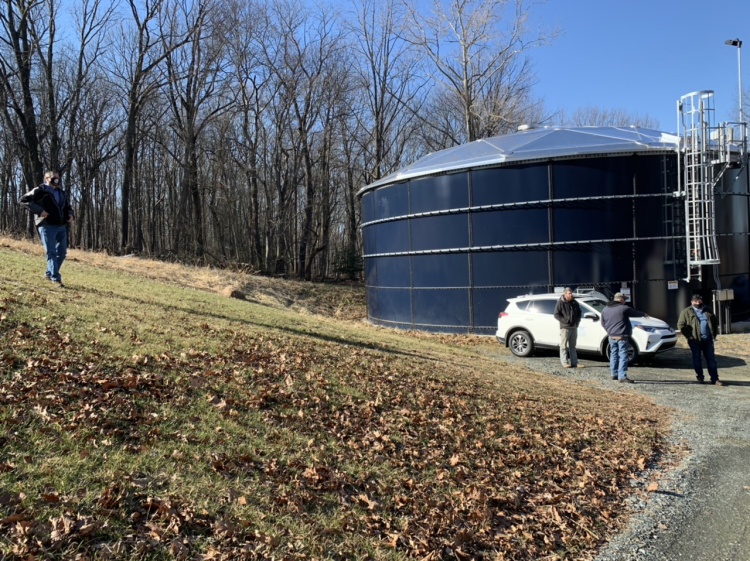
Compliance Specialists make sure water users are following the rules and not impacting the environment with their water withdrawals. A Compliance Specialist conducts site inspections, studies water use reports and data, and works with companies that aren’t following the rules to make sure they do so in the future. Their goal is protect the Susquehanna River Basin’s water for everyone’s use, including the fish and other aquatic life.
Data Scientist
Most of the information about our world contains a geographic location. Geographic Information System (GIS) specialists use computer systems to display and analyze layers of information about a specific location. GIS maps are a powerful tool for data scientists to objectively show relationships between what may seem like unrelated pieces of information about a site
SRBC uses a variety of specialists in information technology to analyze chemical, biological, and habitat data for rivers and streams in the Basin. See the Portals tab at www.srbc.gov.
